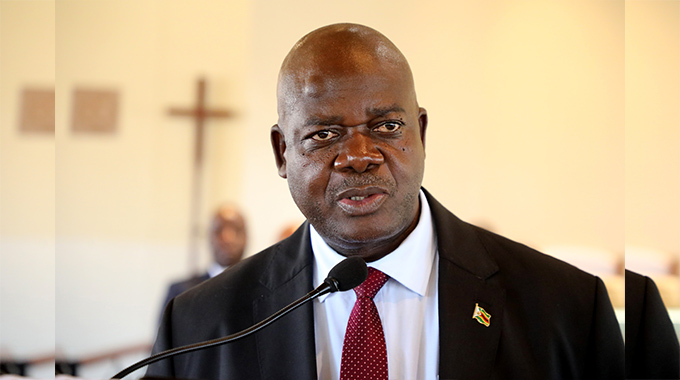Government, Unicef partner to launch study kits

Lumbidzani Dima, Chronicle Reporter
THE Government in partnership with Unicef has launched the catch-up materials strategy meant to complement the new competence-based curriculum and close the gap caused by the Covid-19-induced lockdowns.
The Covid-19 pandemic which started wreaking havoc worldwide in 2019, affected the education sector as schools were forced to close for long unexpected periods.
The Minister of Primary and Secondary Education, Dr Evelyne Ndlovu launched the catch-up strategy yesterday at Yamurai Primary School, in Warren Park, Harare.

The minister said under the catch-up strategy, material which shall be distributed evenly in all schools around the country include 148 000 Literacy and Numeracy Work-Cards for pupils, 73 000 Primary School Teachers’ Guides, 19 600 School Heads’ Guides, 9 000 Secondary School Mathematic Teachers’ Guides, 9 000 Secondary School
English Teachers’ Guides and 53 000 Community Champions Guides.
Minister Ndlovu said Covid-19 disrupted the delivery of education through school closures thus creating a gap in teaching and learning processes.
“Pupils fell behind in syllabus coverage and in order to address the gap, the Government adopted a Catch-up Strategy. The Strategy is meant to ensure an accelerated, condensed instalment of lesson content which ensures that no curriculum content is lost as consideration of time is uppermost. The Strategy provides inclusive, continuous, quality teaching and learning at all times, even during emergencies,” she said.
“The materials were thoroughly scrutinised by our experts at both the Curriculum Development and Technical Services (CDTS) Department and our implementing arm, the Primary, Secondary and Non-Formal Department and were seen to be relevant and critical resources for our catch-up endeavours,” said Minister Ndlovu.

Pupils- Image taken from Shutterstock
The minister said the catch-up strategy is an innovation that is in accordance with the Nation’s Vision 2030 by providing knowledge and 21st Century skills to help Zimbabwe become a prosperous and empowered upper middle-income society by 2030.
She said literacy and numeracy are the focus areas. The aim is to ensure that students have solid literacy and numeracy foundations so that they can cope with high academic demands in their future educational journeys and careers.
The new competence-based curriculum which was reviewed last month seeks to ensure that learners emerge with critical thinking, problem-solving, communication and team building skills as well as technological and digital skills once they complete their education cycle.








Comments